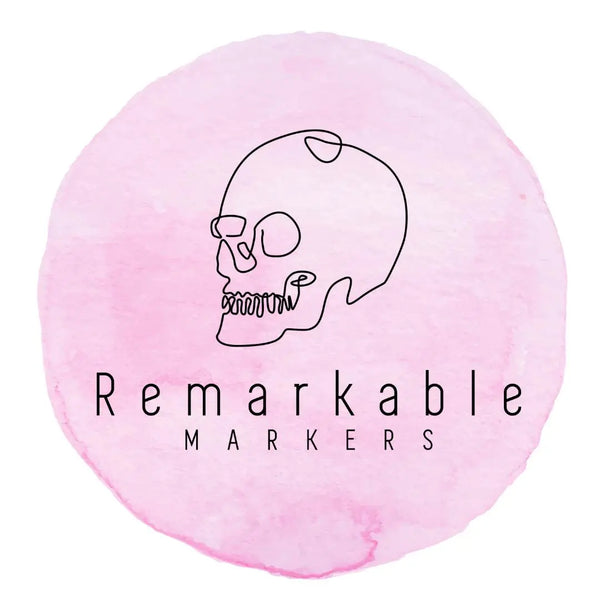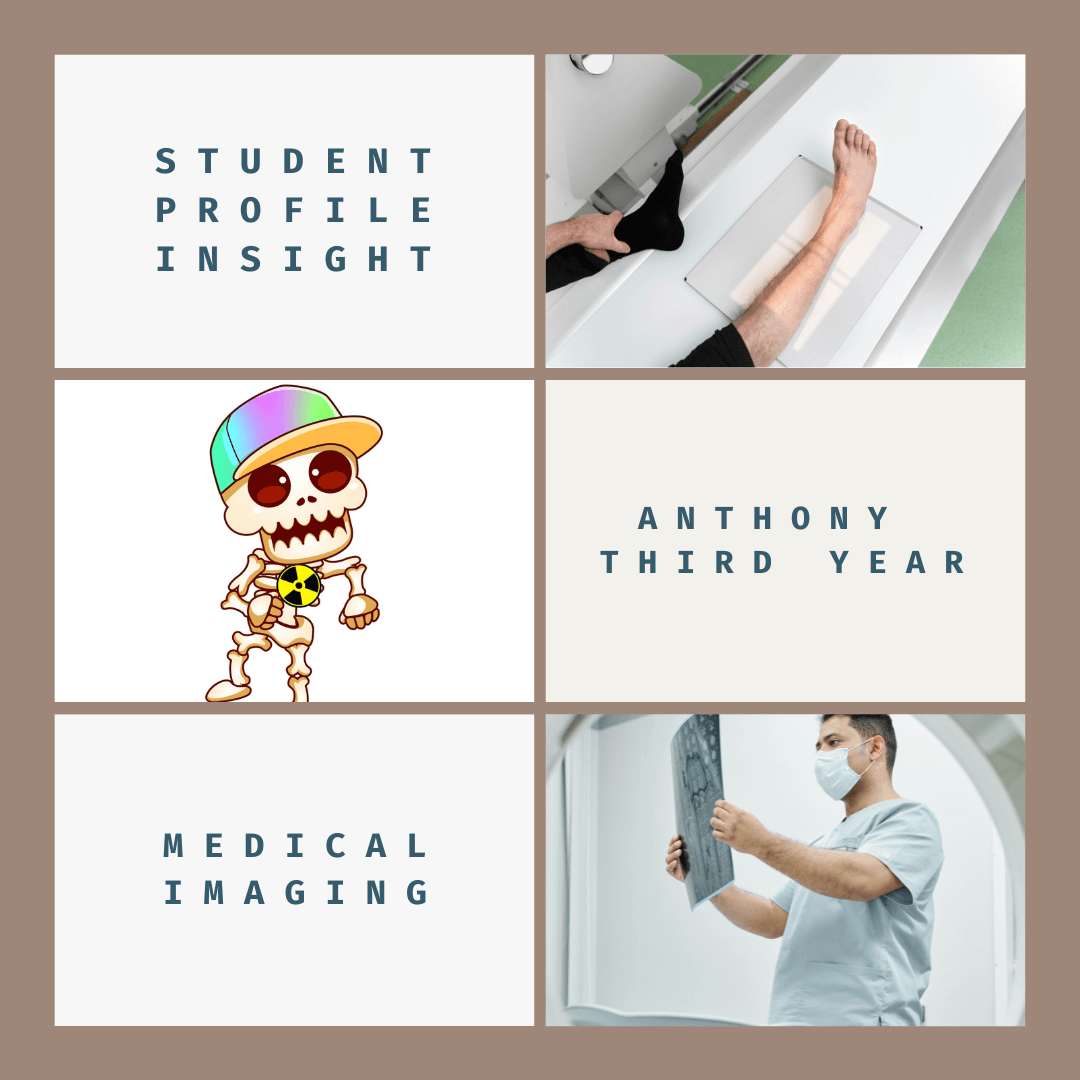
Sam Quixley - Chief Radiographer
Listen to article
Audio generated by DropInBlog's Blog Voice AI™ may have slight pronunciation nuances. Learn more
Sam Quixley - Chief Radiographer
How long have you been working in Medical Imaging? 11 years
Have you worked in public/private practice or both? Private sector only
What have your experiences been like in public/private so far? Why? The Private sector has been good for me in terms of gaining advanced modality training quickly and allowing certain career advancement opportunities that I think would take a lot longer in the public sector.
Why did you become a Radiographer? I attended a career expo at a university when I was in year 12 at school and thought it seemed like an interesting career path.
Can you walk me through a typical day for you at work right now? Currently I am working as a Chief Radiographer, so my role has transitioned from 100% Clinical to something more like 90% Clinical, 10% Management. I organise the day to day at my practices in terms of technical staffing, I am responsible for stock management, and I am also often scanning/performing diagnostic images and procedures at the same time.
What do you love the most about your job? I like the variety of modalities I work across, I enjoy challenging cases and being a resource to my colleagues and students.
What is the best thing that has happened while you’ve been at work? Two things. Passing the MRI Accreditation exam (it wasn't easy), and meeting the love of my life.
What have you found challenging about working in radiology? Navigating interpersonal challenges with colleagues that I haven't necessarily seen eye-to-eye with.
Do you get much of a chance to collaborate with other members of the allied health team? What has that been like? Yes, as a radiographer there are many instances where you work alongside other health professionals, for example working in an operating theatre environment with nurses and surgeons.
Can you share a challenging case you have worked on? Why was it challenging and how did you problem solve it? There was a cerebrovascular intervention case I worked on for a 31 year old woman who ended up passing away during the case when the large berry aneurysm ruptured when it was being coiled. It was particularly emotionally challenging as unfortunately I witnessed the surgeon speaking with the woman's partner who was holding their infant child, and it really affected me. I know that during the case I performed the entirety of my role to the best of my abilities, and it was just a very unfortunate thing that happened.
What is the best radiography advice you’ve been given during or before your career? Pick your battles. This advice was bestowed upon me by a manager who I disagreed with regarding a protocol for paediatric imaging for chiropractic requests. She told me "I'm the boss. What I say goes. Pick your battles." I found the advice useful in terms of choosing what I devote energy towards, and conflict with a manager will almost never end in your favour.
What do you wish you had known before you started working in Radiography? That not everyone you work with is a friend, but you can adapt yourself to be a useful member of the team.
How did you feel on your first day of work once you graduated? Relieved that I got a job. It was during a time when there were far more graduates than there were jobs available, so not everyone was fortunate enough the get work in the field.
Do you specialise in any specific area of imaging? I have advanced training in MRI, CT and interventional radiology.
If so, which area? What do you like about it?
MRI is my favourite modality. I appreciate the physics of how the images are attained, as well as the intricately detailed images that can be formed.
What are your goals for the next few years of your career? To keep my team happy and engaged, to help them be their best and to set a high standard for what the quality of images should be.
What do you think students can learn from you? Do you have any advice for aspiring radiographers? I am happy to impart as much knowledge to the next generation of radiographers that I can. You will learn 50 different ways of achieving the same imaging, and when you are a fully fledged radiographer you will be able to choose what techniques will work best for you.
What did you find challenging as a student and how did you overcome the challenges? It was difficult for me to see experienced radiographers who clearly didn't really care about their work anymore. Even as a student I took pride in the quality of my work and my interactions with patients, and it was hard watching older qualified staff not put as much effort into the work that I felt it deserved. I promised myself to not become so blasé, and to keep taking pride in my work.
What sort of skills do you think an aspiring radiographer should possess?
A good attitude to the work, pride in producing quality imaging, and a desire to keep improving and growing professionally.



